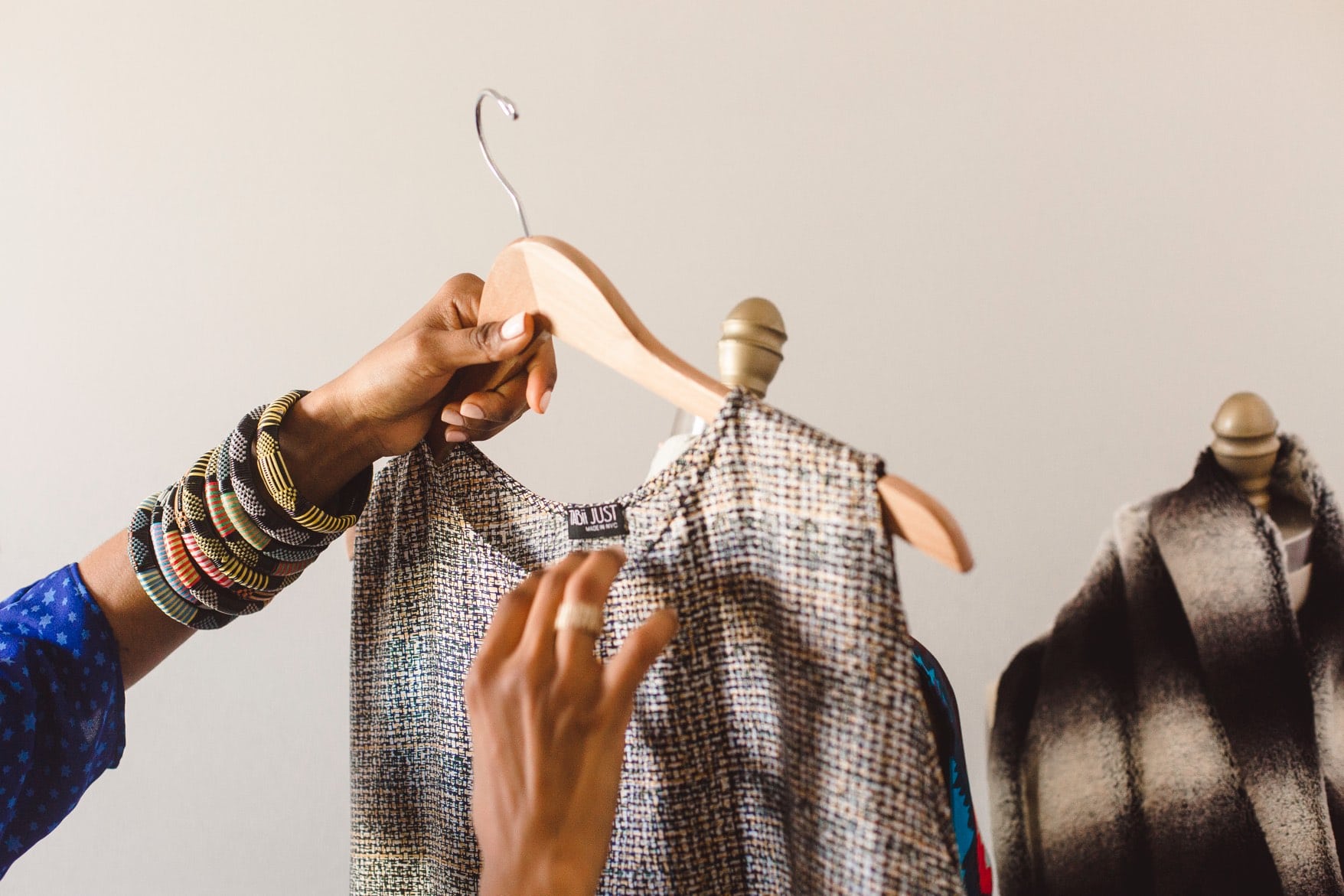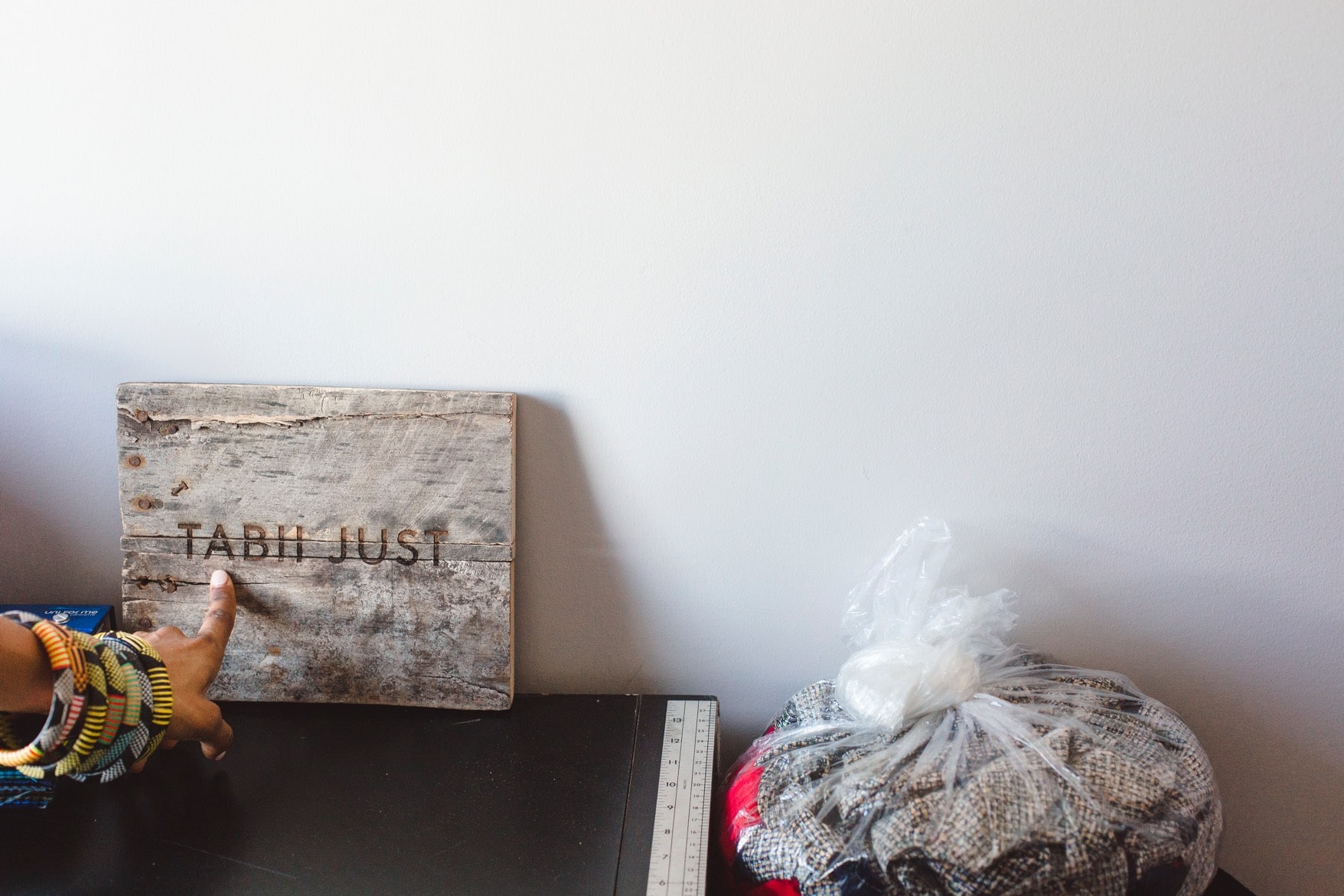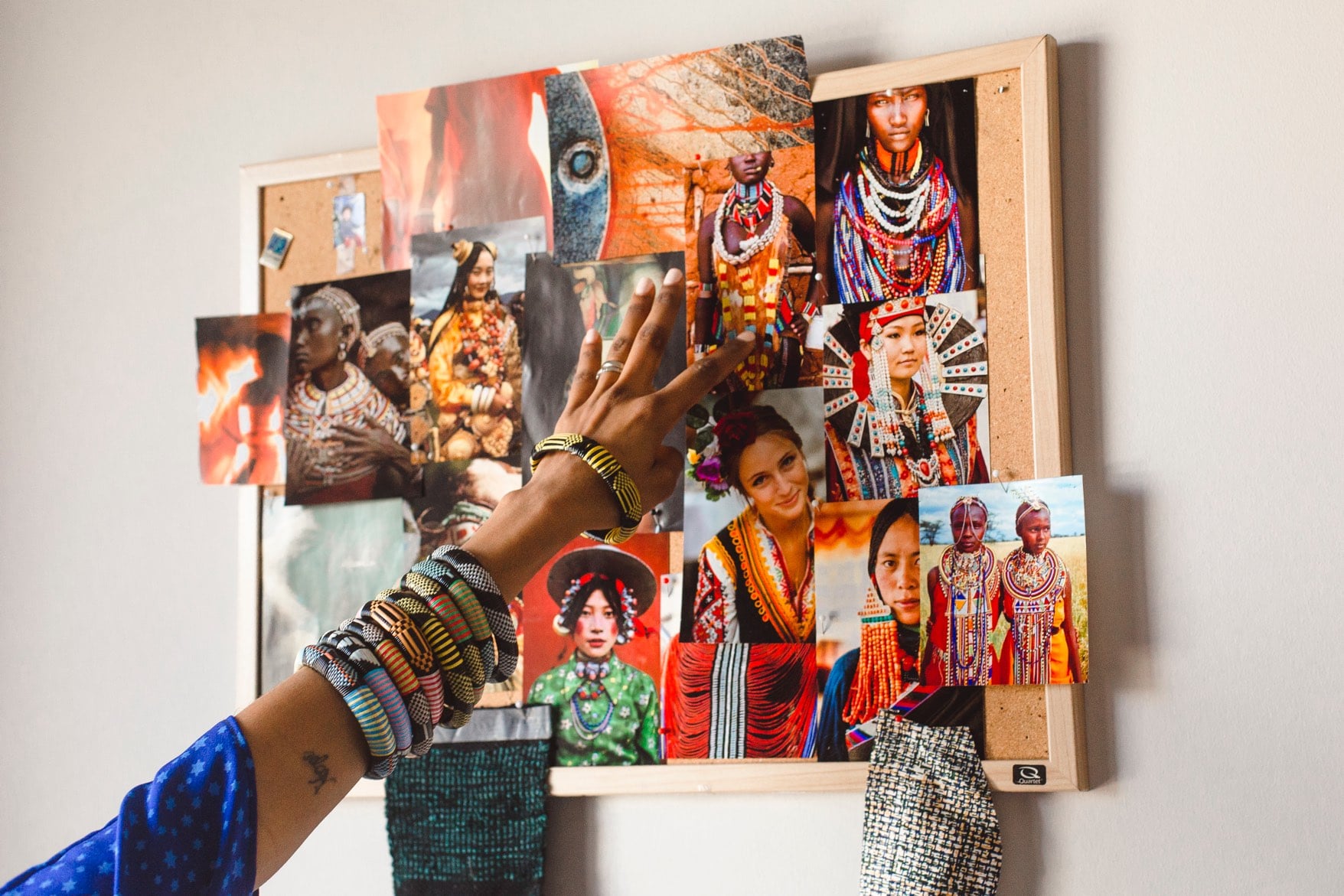On a hot and sticky New York City summer day, fashion entrepreneur and Women’s March organizer Tabii welcomed us into her cool and colorful Brooklyn home with ice water in hand and stories on the tip of her tongue. She described her journey from Seventh-day Adventism to marrying an observant Jewish man, raised important questions about race and religion, educated us about zero-waste fashion, and shared the challenges of balancing motherhood, marriage, activism, and entrepreneurship.
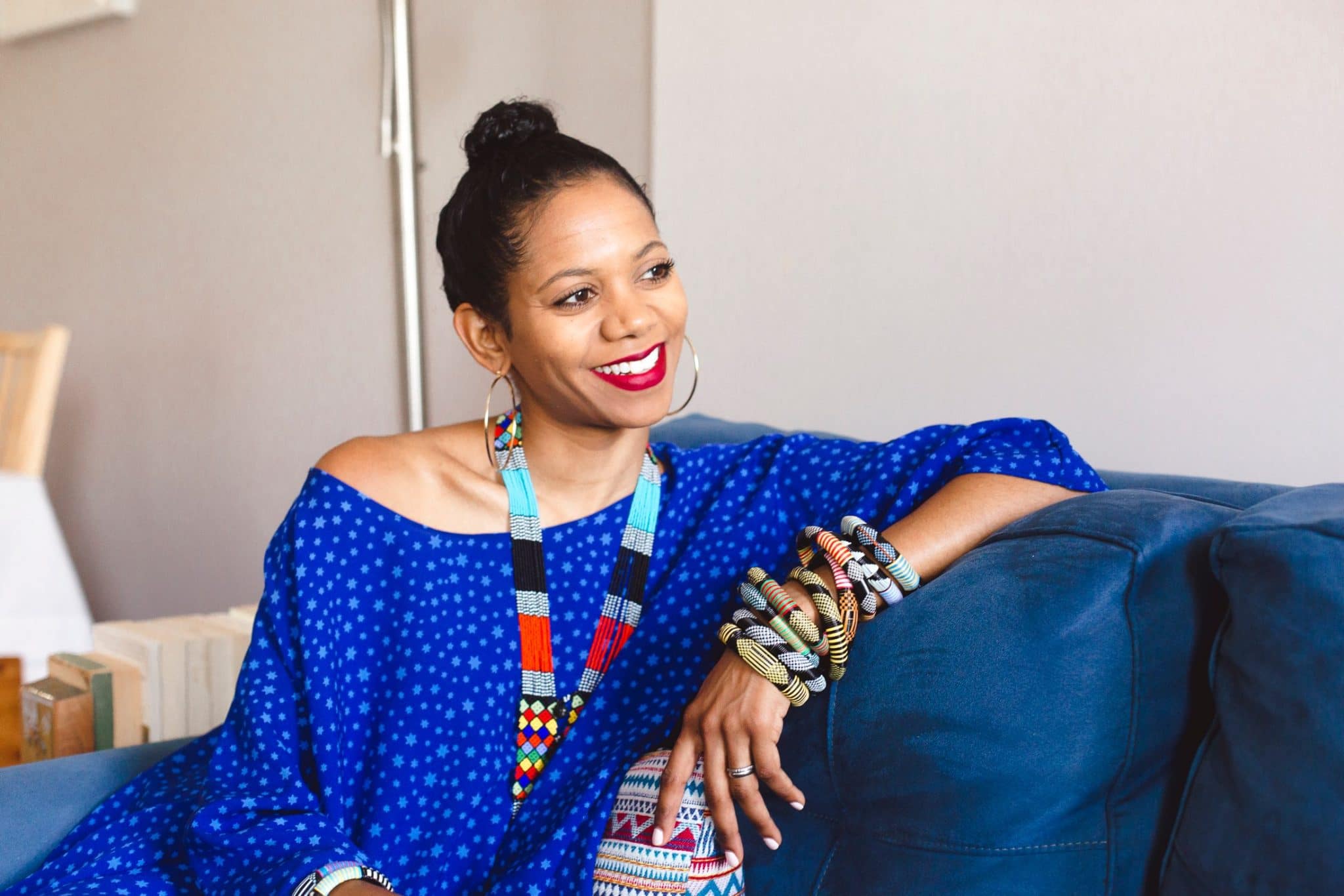
What’s the story behind your name?
My parents are very religious Christians. My brother’s, sister’s, and my name are all from the Bible. Tabitha was a seamstress. Her brothers said, “Jesus, come, because she’s really sick,” but the crowds were pulling him back, and she died. He went to her house and rose her from the dead.
St. Bernard is my maiden name. When Adam and I got married, we knew that we wanted to start having babies pretty soon, so I liked the idea of being a part of a tribe with a name. I hyphenated my name. It’s a long name. My son’s last name is St. Bernard-Jacobs. He’s gonna kill me when he has to start writing it out in kindergarten.
What’s your earliest memory?
We grew up Seventh-day Adventist. It’s a sect of Christianity where they believe in the seventh day of Sabbath. It starts sunset Friday and finishes sunset Saturday. You don’t watch TV, you don’t cook, you go to church, you don’t work. Friday evenings were very nice. I remember putting on music and hymns. My dad wasn’t working, so he would focus completely on us, just talking and being creative with our time with each other. That was really special.
What was your kid personality?
I’ve always been very creative. I’ve always been very mouthy. I’ve always been super opinionated. I’ve always been different. I’ve never really fit in.
I’ve found my tribe as an adult, but, as a child, being different is not something that’s celebrated. That led to me realizing that if people didn’t like me the way I was, I might as well just be myself.
I’ve always been very solidly sure about who I am and what I believe in.
It doesn’t mean that my values don’t change, but it means that, in the moment in time, I’m pretty sure about the depth of my commitment.
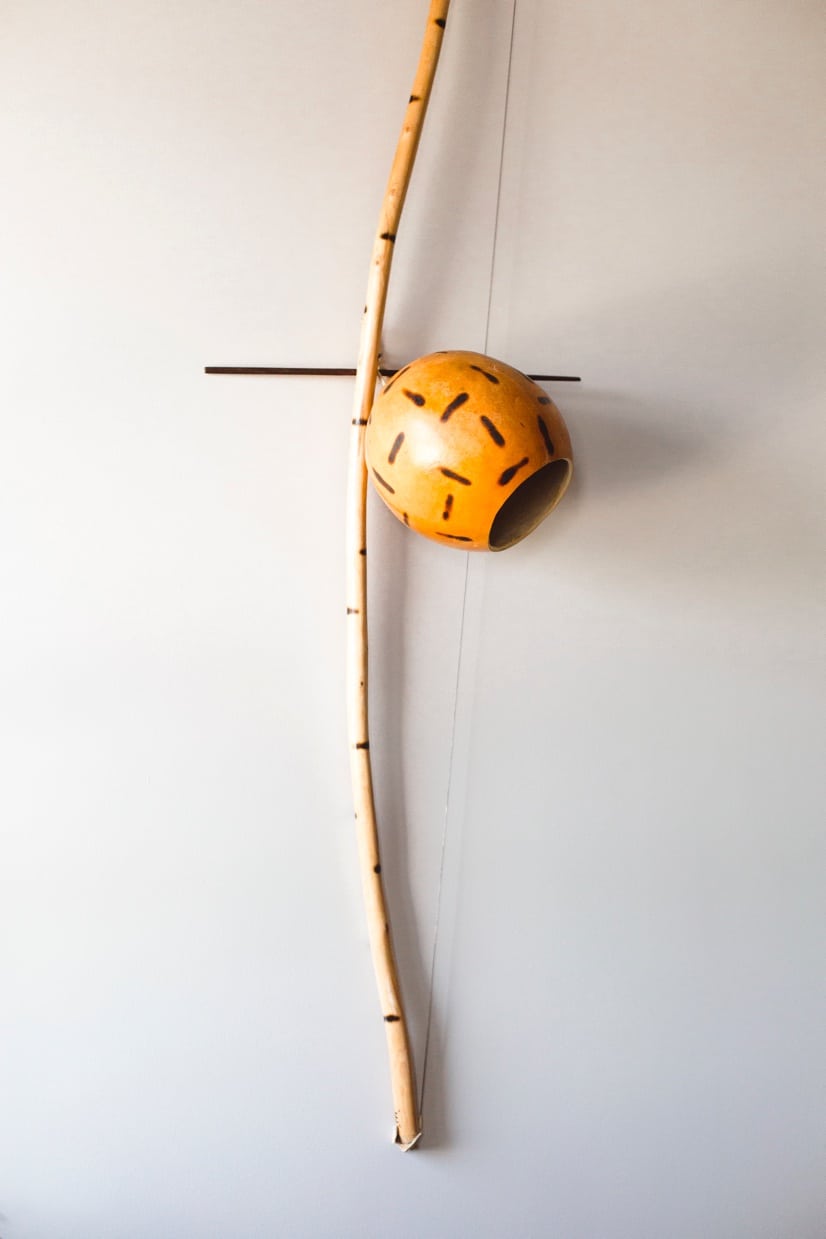
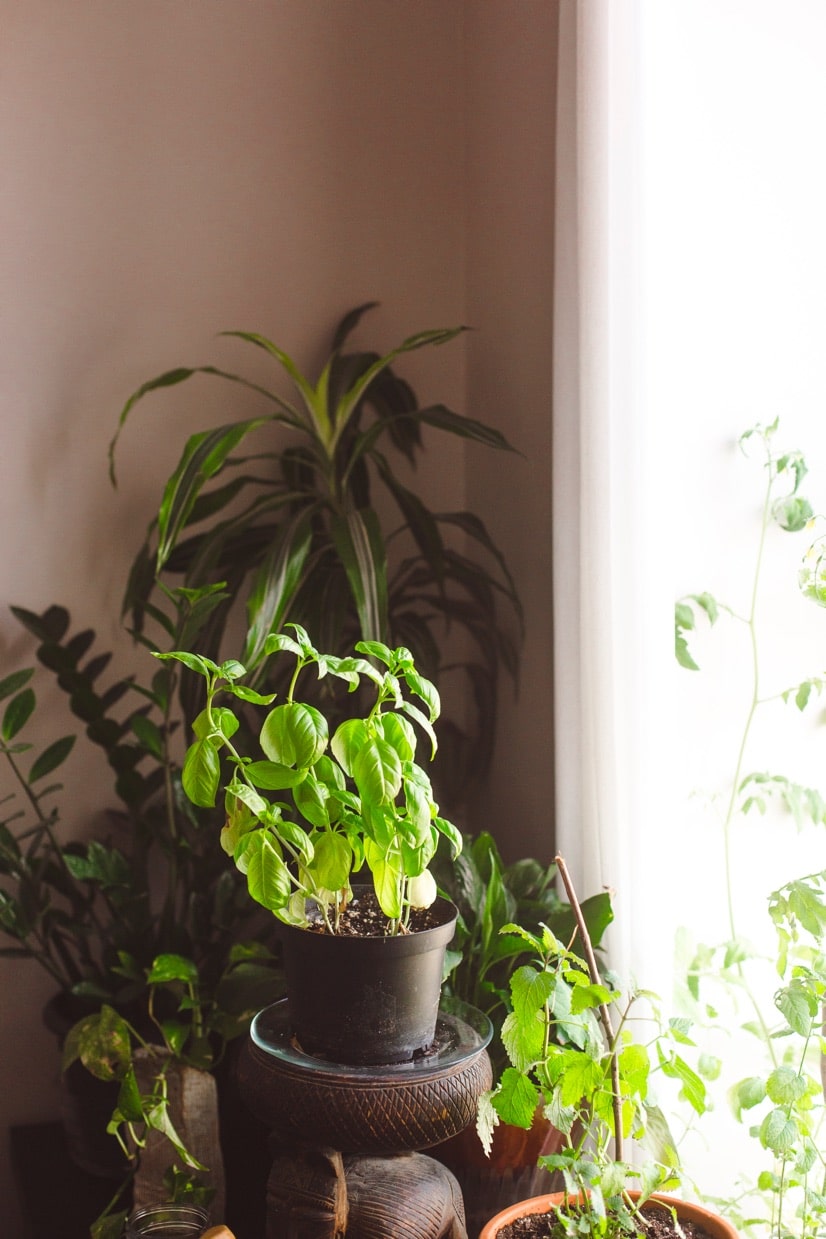
What advice would you give your teenage self?
My teen years were awful. The best advice I would give my teenage self would just be to ride it out, that it gets better. As a teenager, I thought that would be my life forever. You have so much ahead of you. You can be who you want to be. You can change your job five million times if you want to.
When did things get better?
It was when I was around 29 and out of a relationship for the first time in a long time. I didn’t have to be anything to anybody or for anybody. I allowed myself to be an atheist. There was a period where, if I judged my actions as bad, but no one was getting hurt, I did it on purpose, just to test the true boundaries of this morality that I had held onto all of my life. That’s when I fully realized who I wanted to be, separate from who I was as a child and as a teenager.
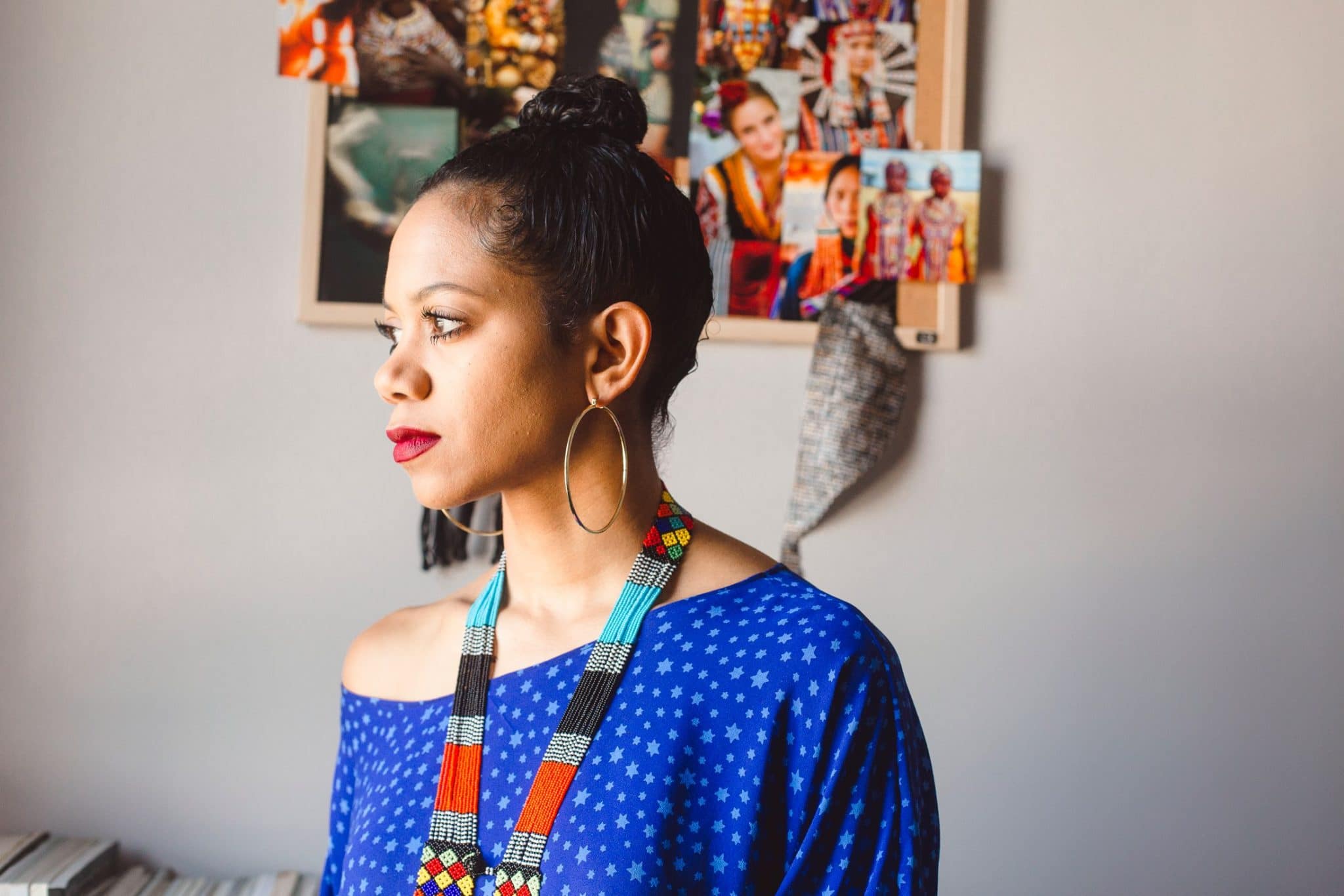
How did religion and spirituality play a role in your childhood?
My parents were super, super strict. Religion was the framework of everything in our lives. We went to church a lot. Everything that we could and couldn’t do was related back to God. It wouldn’t be like, “I’m your mom and I’m telling you don’t do that.” It would be like, “You’re going to go to hell if you do that. God is not okay with you doing that.” That worked in terms of scaring me, but, for the most part, I was still pretty rebellious. As I got older, I started to find it a bit of a burden to always be in a state of constant sinning.
Now I don’t even use the word “sinning.” I don’t believe in it anymore.
My parents did not allow us to spend time with friends from school. They would only let us hang out with friends from church. It was a very insular community. It was like, the only good people in the world are people who believe exactly what you believe in.
Religion was really hard for me growing up, and I had to separate God from religion. My relationship with God is separate from the practices that we have. I’ve always said that I’m more spiritual than religious. I pray on the train in the morning. It brings me a lot of inner peace, just to have a moment to reflect about what I’m grateful for.
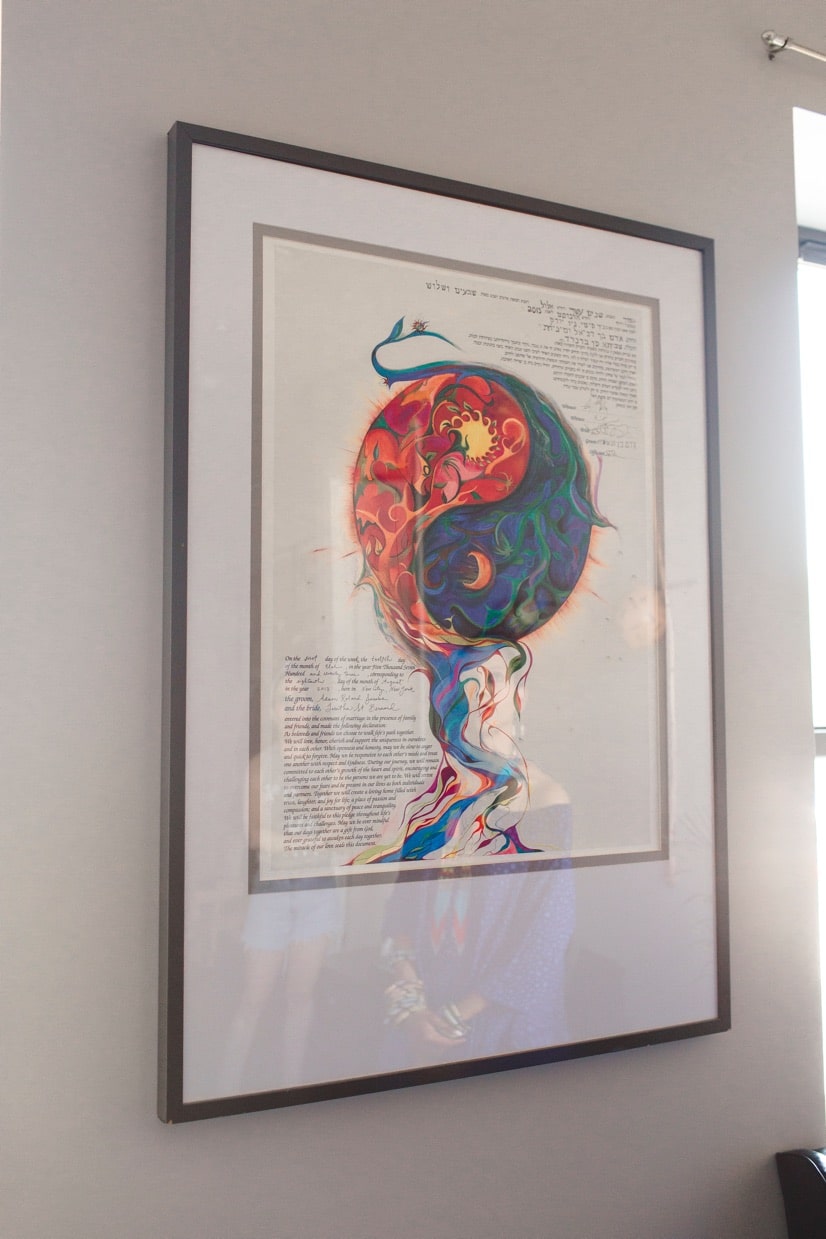
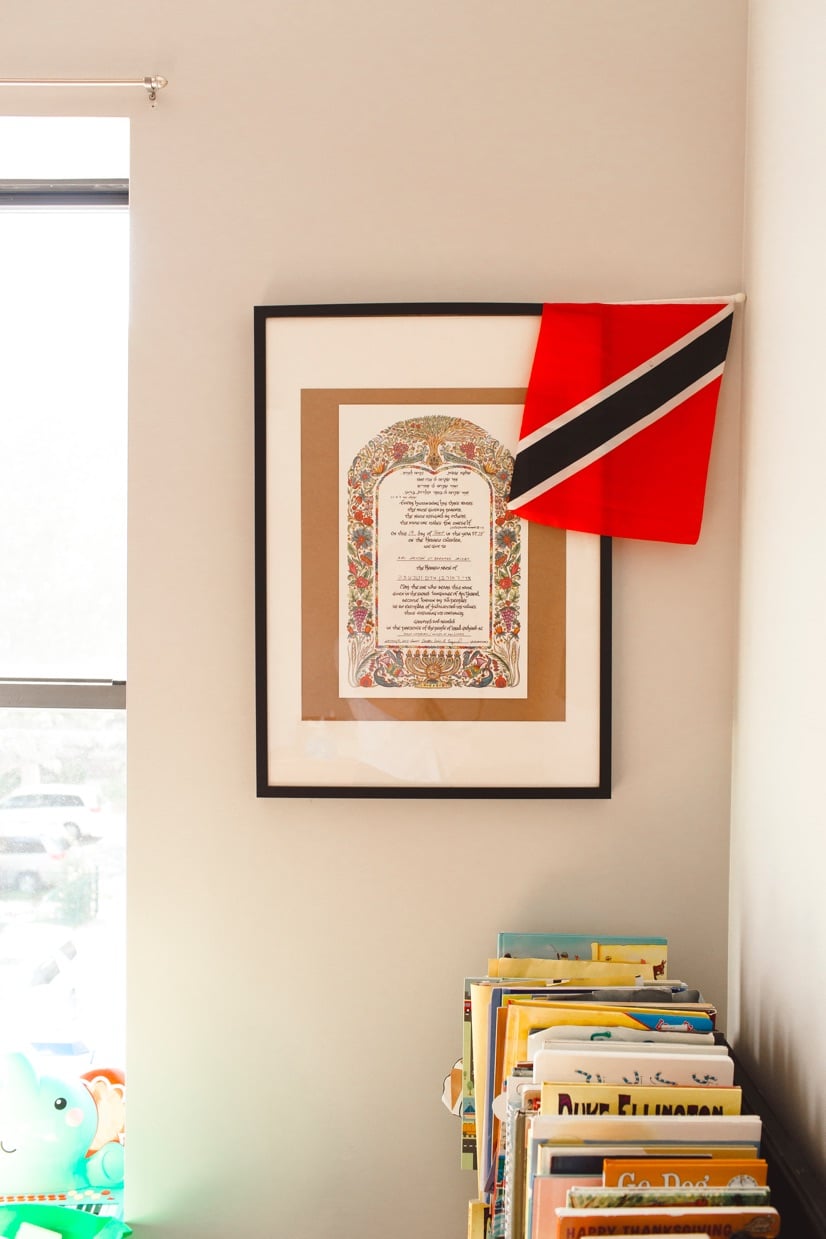
How did you and Adam meet and fall in love?
He and my best friend went to grad school together. We come from Trinidad. It’s a huge party culture, we’re used to going out dancing all night and then going for breakfast at 6am. I was pretty impressed with Adam that he could keep up with us. We started hanging out, and he invited me to Shabbat dinner at his house. Then, he asked me out. Officially the only person that I would go out with who asked me by text message.
He is a white man, and with that came privilege I wasn’t used to being around. Adam is a peaceful guy who generally does not like disruptions. I’m all about disrupting. We got into some very in-depth conversations early on, and I didn’t think that the relationship would have any future because of how different we were.
I was impressed that he was willing to consider things that would be scary for him. He’s a traditional Jewish person who got married to a black non-Jewish person. He’s very structured in his belief systems, but also very open and ready to tackle and unpack things he has held on to for decades. That’s one of the things I love about him. He’s not afraid of re-examination.
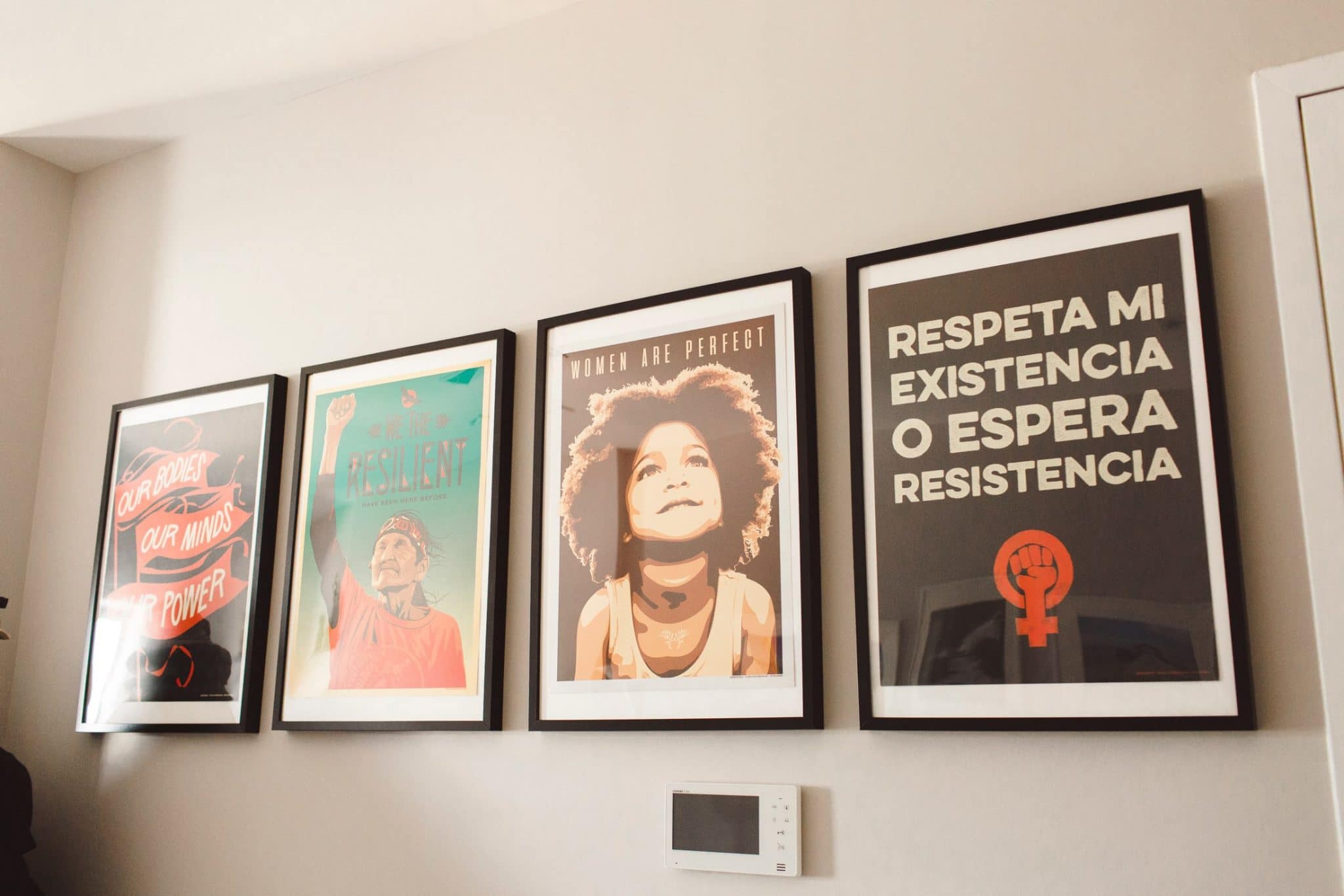
How do you approach raising a son with a mixed background and hybrid identity?
At night, we say a Hebrew prayer and a Christian prayer with our son. We haven’t gone to church with him since he was born. Race plays into that. I like black churches. I’m able to enjoy it by myself in a different way than when I walk into a black church with a baby that presents as white and a white husband. People have always been welcoming, but the dynamic is different. Yes, I could go to church by myself, but weekends are for family.
Something I’m struggling with right now is how to raise our son to have the awareness, the sense of self, of a person of color, knowing that he can pass as white. My biggest concern is how to raise him to never get too comfortable in the privilege that comes with his skin color. To always think, “How can I use it to benefit the lives of people who might not have access to the same spaces that I do because of the color of my skin?”
They say that kids start noticing color at age two. He’s right on track.
He did tell me the other day that he’s white and mommy’s brown. Unprompted.
I asked who told him that, and he said, “Me.” That was a little soul crushing for me.
He and Adam look the same, so, when they get on the train, nobody makes assumptions about anything. When the three of us are on the train together, it may not even be negative, but people look at us. They notice. When he was a baby, he was modeling a little bit. I thought, “This is cool, this is so fun, we get to travel places, he just plays, they take pictures, and he gets paid. This can’t be bad in any way.”
I realized I was opening him up to people fetishizing his ethnicity, which was weird.
Now it’s a trendy thing, and we’re struggling with how to respond to that.
How does Judaism play into your daily life?
As a family, our goal is to have Shabbat dinner every Friday night. If we don’t do it, we feel the difference the next week. Shabbat evening is a time to relax and reflect. I tend to work a lot at night, so, a couple of months ago, we committed to no working on Friday nights. Shabbat mornings, we try to go to synagogue. We end up going about once a month.
Every night we say prayers with our son. We sing to him in Hebrew. It’s a very big part of our lives, but there’s still more that we’d like to do. We want to have more of a community, including with the multiracial family network within our synagogue. Everybody in Adam’s family gets together for the holidays, so that’s nice.
How would you describe your personal connection to Judaism?
I don’t like religion, per se, but I enjoy Judaism, because the Christian guilt is different. It’s very much like, “You’re going to go to hell if you don’t do this.” There’s an emotional sermon that’s meant to play on your mind psychologically to get you to think that God could come tomorrow, you need to get your life in order, and that stuff doesn’t sit right with me. I believed it hook, line, and sinker growing up, but, as I got older, I thought,
“I’m too old for these games. I don’t need to be threatened with fire and brimstone to do what’s right.”
In Judaism, there is a sense of doing what’s right for the value of what’s here on earth and being a better person and this concept of living in the now. I’ve always been a loner, and the community has been really, really great. For the most part, everybody’s been super welcoming to me. It feels good having a support system, especially with kids.
Sometimes I speak about Judaism with a sense of connection, but it’s not to be implied as a sense of possession. I don’t claim the religion in any way. I enjoy it, but I enjoy it from an outsider’s perspective. I used to joke about being half Jewish, but I understand that, for people who have gone through the conversion process, that could be insulting. I’ve stopped joking about that.
Tell us about your business.
I have a zero-waste fashion line that’s made in New York. I try to cut designs that waste as little fabric is possible. All of the fabrics I use are excess fabrics from mills. I take scraps of fabric and stuff pillows with them. The reason I got into zero waste design was because of Timo Rissanen. He teaches at Parsons and wrote Zero Waste Fashion Design.
I’ve been struggling lately with the concept of privilege in the sustainable fashion world. The price of my clothing is so high that many people will never be able to access it. I talk a lot on panels about having a sustainable life and being more responsible about clothes and choices, but, for some people, a $20 dress shirt at H&M is all they can afford for a job interview. It’s about trying to find a middle ground.
I did a clothing swap with some friends a couple of weeks ago to refresh our wardrobes at no cost. We’re thinking about doing another swap in September with a panel discussion around the concept of privilege in the fashion world.
Do you have a personal mantra?
Work In Progress. I don’t want people to ever take me to be too set in stone. If I’m approached with new facts about a situation, I always want to be ready to change if I think I should.
When and where do you feel like the best version of yourself?
Every night, we do bath, stories, singing, bedtime. We’re trying to sleep train my son. It’s very hard. I lie down with him for five minutes. He turns his back to me and scoots his little body right into mine, and he says, “Mama, sing. Mama, sing.”
All I have to do is sing and he’s happy. It’s such a simple transaction.
In that moment, for me, that’s the biggest accomplishment. There are so many complications in my life, so many things that I wish I could be doing better as a mom, as an activist, as a designer, as a businesswoman. At that moment, when he says, “Sing,” and his body language says, “Oh, mom, this is perfection right now,” that’s when I feel like my best self.
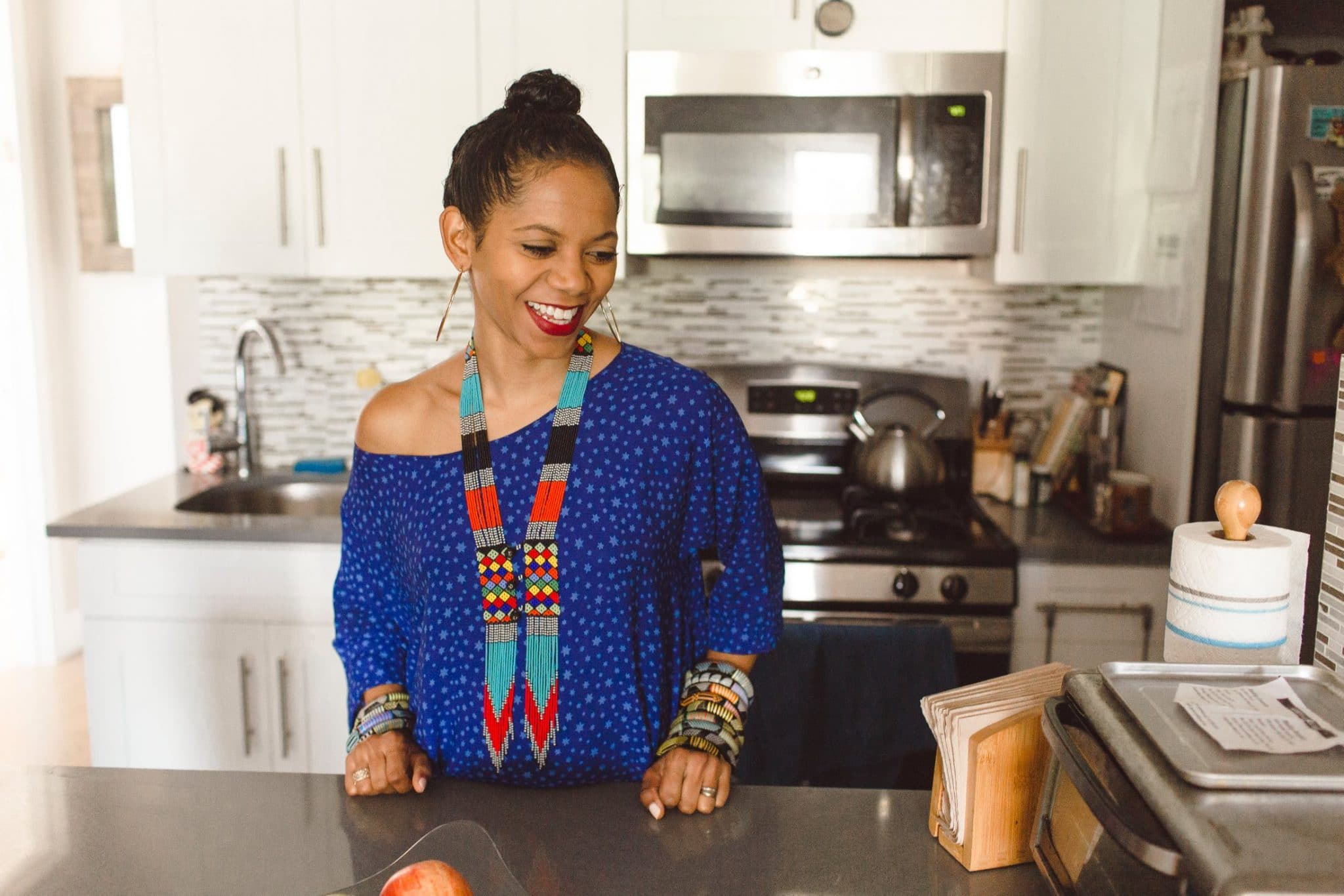
Favorite Jewish holiday?
I like Hanukkah, because it’s close to Christmas, and that’s the one holiday where we both get to do something. Sometimes, with the Jewish holidays, I feel like it’s not fully mine. I don’t have the experience with it from growing up as a child. The thing about Christmas is that it’s something I have a connection to. I also love giving my son things, which is not a good thing. Not a good thing at all. But, it doesn’t have to be big things. It could just be a cookie. Seeing his face light up, and he has this little happy dance that he’ll do. That moment when he’s in bliss. I get to do that once a night for a week.
Favorite Jewish food and Trinidadian food?
My favorite Jewish food is a bagel with cream cheese and lox. I did not like bagels before. I thought, “This is too tough. Why is bread so tough?” Then, I started going to Jewish events, and the simple beauty of a bagel and lox spread is really quite amazing.
I like all Trinidadian food. Probably roti and curry, because my granny used to cook it a lot growing up, and it reminds me of her.
Photos by Elena Mudd
Thank you for visiting Arq!
Arq is no longer publishing new content. We hope you'll enjoy our archived posts.
